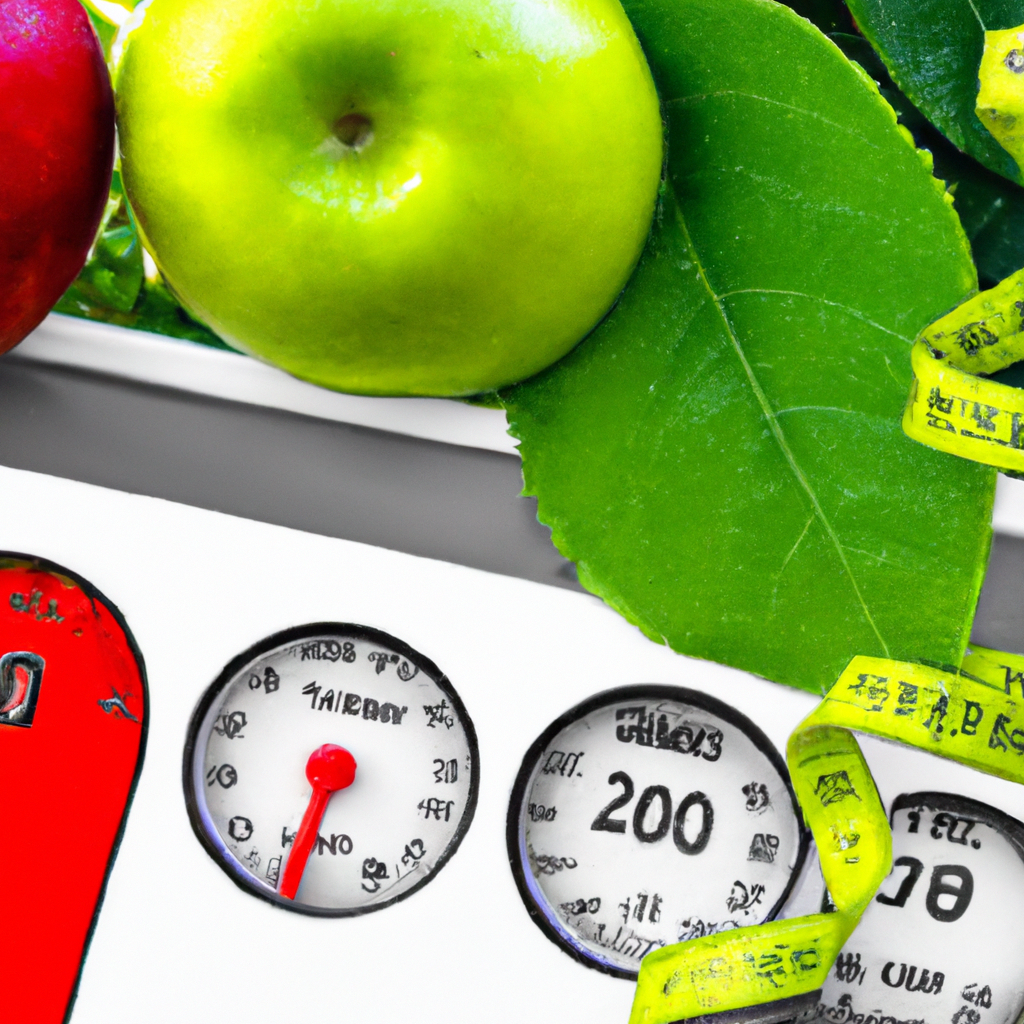5 Lifestyle Changes For Sustainable Weight Loss
Losing weight can be a challenge, but incorporating sustainable lifestyle changes into your daily routine can make all the difference. In this article, we will explore five key adjustments you can make to not only shed those extra pounds but also maintain a healthier weight in the long run. From adopting a balanced diet to staying active and practicing mindful eating, these simple changes can have a profound impact on your weight loss journey. So, grab a cup of tea and let’s embark on this transformative path together.

Incorporate Regular Physical Activity
Regular physical activity is a crucial component of any sustainable weight loss plan. Not only does it help you burn calories and shed pounds, but it also improves your overall health and well-being. The key to incorporating regular physical activity into your routine is to choose activities that you genuinely enjoy. Whether it’s going for a run, practicing yoga, playing a sport, or dancing, finding an activity that brings you joy will make it easier to stick with it in the long run.
Setting realistic goals is another important aspect of incorporating regular physical activity into your lifestyle. It’s essential to start with achievable goals and gradually increase the intensity and duration of your workouts. This way, you’ll avoid feeling overwhelmed or discouraged. By setting realistic expectations, you’ll be more likely to stick to your exercise routine and achieve sustainable weight loss.
Finding a workout buddy can make a significant difference in maintaining your physical activity routine. Having a partner to exercise with not only provides accountability but also adds an element of fun and motivation. You can challenge each other, encourage one another, and make your workouts more enjoyable. Plus, having someone to share your fitness journey with can make the process much more enjoyable and rewarding.
To make physical activity a daily habit, it’s crucial to integrate it into your daily routine. Find creative ways to incorporate movement into your day, such as taking the stairs instead of the elevator or going for a walk during your lunch break. By making physical activity a non-negotiable part of your day, you’ll be more likely to stick with it in the long term and reap the many benefits it offers.
Follow a Balanced and Nutritious Diet
Exercise alone won’t lead to sustainable weight loss; it must be complemented with a balanced and nutritious diet. When it comes to eating for weight loss, it’s essential to focus on whole, unprocessed foods. These foods are typically high in nutrients and lower in added sugars, unhealthy fats, and artificial ingredients. Incorporating whole grains, lean proteins, fruits, vegetables, and healthy fats into your diet will provide your body with the nutrients it needs for optimal health and weight loss.
Including a variety of fruits and vegetables in your meals is crucial for both weight loss and overall well-being. Fruits and vegetables are packed with vitamins, minerals, and antioxidants that support a healthy metabolism and help you feel full and satisfied. Aim to include a rainbow of colors on your plate to ensure you’re getting a wide range of nutrients.
Controlling portion sizes is another key factor in a balanced and nutritious diet. It’s easy to overeat, especially when faced with large portions or tempting foods. By practicing portion control, you can still enjoy the foods you love while managing your calorie intake. Use smaller plates and bowls, measure your portions, and be mindful of your hunger and fullness cues.
Staying hydrated is essential for overall health and weight loss. Often, we mistake thirst for hunger, leading to unnecessary snacking or overeating. Make sure to drink plenty of water throughout the day and limit sugary and high-calorie beverages. Water not only keeps you hydrated but also helps you feel full and supports digestion.

Manage Stress Levels
Managing stress levels is crucial for sustainable weight loss. When we’re stressed, our bodies release the hormone cortisol, which can lead to weight gain and increased belly fat. By practicing relaxation techniques, such as deep breathing, meditation, or yoga, you can reduce cortisol levels and promote overall well-being.
Engaging in stress-reducing activities can also help manage stress levels. Whether it’s going for a walk in nature, listening to calming music, or spending time with loved ones, finding activities that help you unwind and relax can significantly impact your weight loss journey. Make time for activities that bring you joy and help you de-stress.
Getting enough sleep is often overlooked but is crucial for weight loss and overall health. Lack of sleep can disrupt hormonal balance, leading to increased appetite and cravings for unhealthy foods. Aim for seven to eight hours of quality sleep each night to support your weight loss efforts.
Seeking support from friends and family can make a significant difference in managing stress levels. Whether it’s talking through your feelings, seeking advice, or just venting, having a support system can help lighten the burden of stress. Reach out to loved ones when you’re feeling overwhelmed and lean on them for support and guidance.
Monitor and Track Progress
Monitoring and tracking your progress is essential for sustainable weight loss. Keeping a food diary can help you become more aware of your eating habits and identify areas for improvement. Write down everything you eat and drink, including portion sizes and any emotions or circumstances surrounding your meals. This will help you gain insight into your eating patterns and make necessary changes.
Tracking your physical activity is also crucial for progress monitoring. Whether it’s using a fitness app, a pedometer, or a journal, keeping track of the duration and intensity of your workouts can help you stay on target and motivate you to keep pushing forward.
In addition to tracking food and exercise, measuring body measurements can provide valuable information about your progress. While the number on the scale is one measurement, it doesn’t tell the full story. Measuring your waist, hips, and other body parts can help you see changes in your body composition, even if the scale doesn’t move.
Setting short-term and long-term goals is essential for keeping yourself motivated and focused. Short-term goals can be small milestones that you aim to achieve within a certain timeframe, while long-term goals are broader and outline your ultimate weight loss objectives. By setting specific, measurable, achievable, relevant, and time-bound (SMART) goals, you’ll have a clear roadmap to follow and a source of motivation along the way.
Build a Support System
Building a support system is crucial for sustainable weight loss. Joining a weight loss support group can provide a sense of community, accountability, and encouragement. Sharing your goals, progress, and challenges with others who are on a similar journey can make all the difference in staying motivated and staying on track.
In addition to joining a support group, sharing your weight loss goals with friends and family can also be beneficial. Not only will they provide support and encouragement, but they can also help keep you accountable and celebrate your milestones and achievements along the way.
Finding a mentor or coach who has successfully gone through a weight loss journey can provide guidance, motivation, and personalized support. A mentor or coach can provide expert advice, help you navigate challenges, and provide accountability to ensure you stay on track.
Celebrate milestones and achievements along your weight loss journey. Whether it’s losing a certain amount of weight, reaching a fitness milestone, or fitting into a smaller clothing size, celebrating your achievements can boost your motivation and keep you focused on your ultimate goals. Treat yourself to a non-food reward, such as a massage, a new outfit, or a vacation to reward yourself for your hard work and dedication.
In conclusion, sustainable weight loss requires incorporating regular physical activity, following a balanced and nutritious diet, managing stress levels, monitoring and tracking progress, and building a support system. By making these lifestyle changes, you’ll not only achieve your weight loss goals but also improve your overall health and well-being. Remember, it’s about finding what works best for you, staying consistent, and making these changes a lifelong habit.

